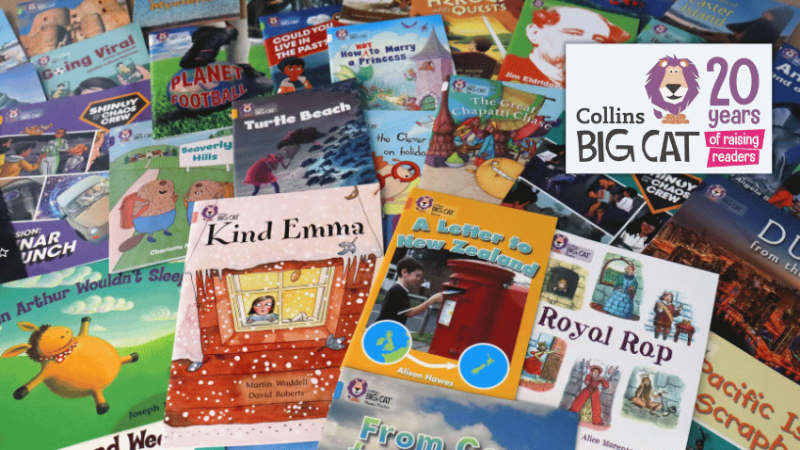There’s No Excuse For Not Putting Storybooks At The Front And Centre Of Your Practice

“I’ve met staff who refuse to read”, says the Secret Practitioner…

As childcare practitioners, it’s sometimes easy to forget what our job actually entails. We spend a lot of time doing boring things like paperwork (read my thoughts about that on Teachwire) and a lot more time doing yucky things like changing nappies and cleaning up other sorts of mess.
Amidst all the chaos, we can lose track of everything we’re supposed to be doing, and the scope of our role. We have, of course, to care for children in every way possible and that includes educating them and giving them the best grounding possible for primary school. And one of the best ways we can do that is by reading to children, often and enthusiastically.
Sadly, I do wonder if every practitioner is going about this the right way. It’s a really important issue. Children who are read to regularly are proven to demonstrate a greater interest in books as they grow older. Their comprehension skills develop faster, and they’re likely to gain other skills crucial to further literary development. That’s why we need to get this right.
But I’ve seen many settings that seem to treat children’s books as if they don’t matter.
I firmly believe that you can get a good idea of how well a setting is run just by looking at the reading material that’s made available.
It’s a fact that many settings have completely inappropriate books assigned to each room (titles aimed at six-year-olds in the baby room, books aimed at six-month-olds in preschool…). Sometimes, the only books available are illustrated songbooks, or second-hand activity books. I’ve even seen catalogues and magazines thrown into bookcases – I can only assume the thinking behind that is that anything with pages will do. Other settings have perhaps three or four books in each room, many with so many torn pages as to be unreadable.
This really isn’t a great start. Young children need to have a range of age-appropriate books available to them. They quickly grow bored of the same handful of titles, and relying on such a limited range isn’t exactly the best way to appeal to a variety of interests.
As well as the quality and range of books we’re providing, though, it’s important to think about the ways in which we’re reading to children. I’ve come across settings where the only time books are picked up is during the dreaded ‘circle time’ – that period when some practitioners collect two dozen children and read to them from some very well-thumbed pages. All well and good, but it shouldn’t be the only time children are read to, and certainly shouldn’t be a tactic to distract the children whilst a meal is served…
Trending
Throughout my years as a childcare practitioner, I’ve tried to spend part of every day reading to small groups of perhaps two or three children, from a book of their choice. This is a great way to help them get to grips with a story; a smaller gathering gives greater opportunity for questions and detailed analysis.
Personally, I love doing silly voices and actions to make the books even more appealing, and it’s always a popular activity – though it can backfire, with certain children asking me to read the same book over and over again!
At the extreme end of the spectrum, I’ve actually come across staff members who refuse to read to children – either because they’re too shy or don’t feel confident enough in their own reading ability. I don’t want to force anyone to do anything they aren’t comfortable with, but shouldn’t this be a job requirement?
Surely reading simple storybooks is one of the key elements in a child’s education? It’s made me sad in the past, seeing a child clutching a book, dying to enjoy it, but not being able to convince anyone around them to read it to them.
As practitioners, we should be doing everything in our power to encourage an interest in reading – even if it does mean flicking through the same old pages two dozen times…
The Secret Practitioner works in a private nursery and preschool in Greater Manchester.











